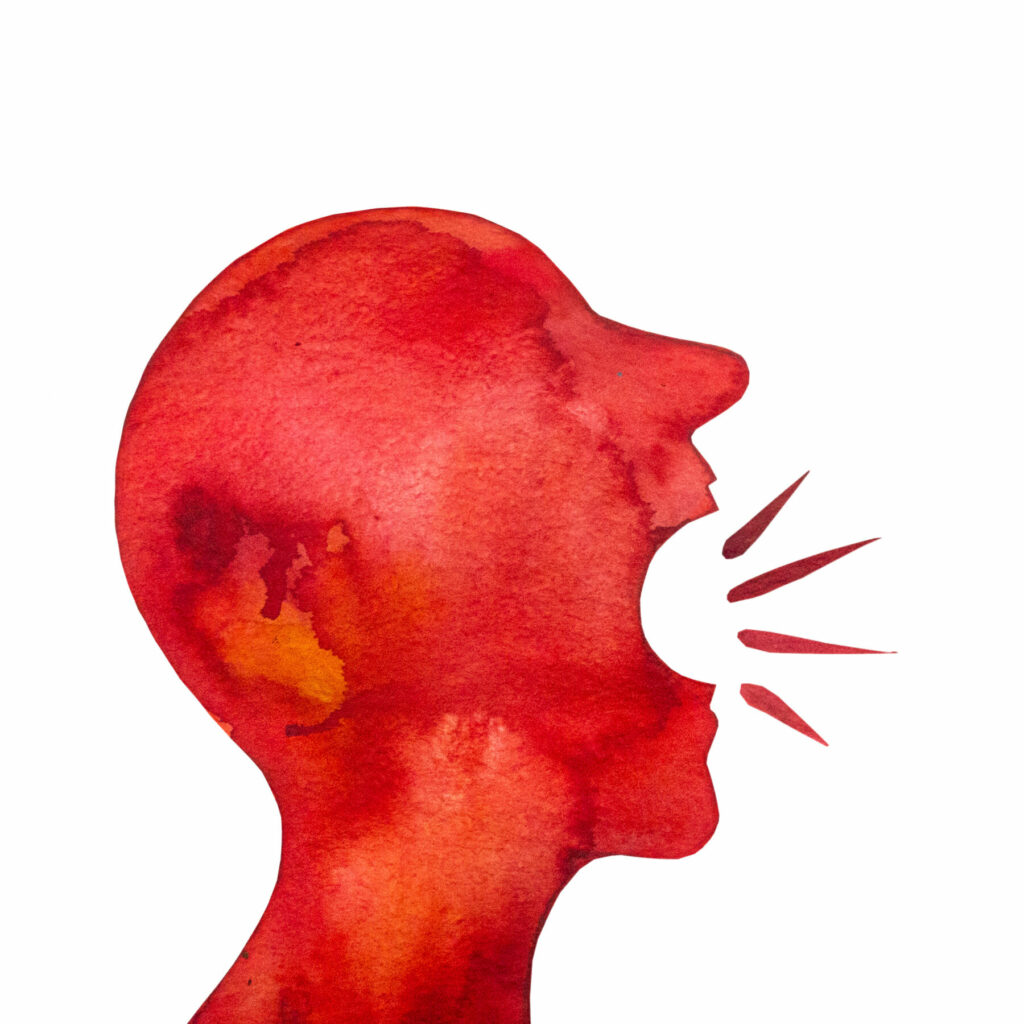CBT Therapy for Anger

Although anger is a normal, adaptive part of the human experience, frequent or intense spikes of anger can motivate us to act in ways that are inconsistent with our personal values. These behaviors can strain relationships, hinder personal growth, and negatively impact various aspects of our lives. If you find yourself getting angry more frequently than you’d like, or if your anger is causing problems in your relationships or at work, you may benefit from CBT therapy anger management strategies.
We https://tandempsychology.com/wp-admin/edit.phpall feel angry from time to time, and in many situations, it serves as a healthy response to perceived threats or injustices. Anger can tell us that our boundaries have been crossed and that we need to make a change. Recognizing the significance of managing anger in a constructive manner, Cognitive Behavioral Therapy (CBT) can be a highly effective treatment to help with anger management. By understanding our relationship with anger, exploring thought patterns, and developing healthier coping strategies, CBT equips individuals with the tools to navigate through anger in a way that promotes emotional well-being and fosters healthier relationships.
What is CBT Therapy?
CBT operates on the premise that our thoughts, feelings, and behaviors are interconnected. CBT aims to bring about positive changes in how individuals respond to various challenges. In the context of anger management, CBT provides a structured and goal-oriented approach to understanding the underlying patterns and triggers that contribute to anger. Through collaboration between the therapist and the individual seeking help, CBT equips individuals with coping strategies to manage anger effectively.
Identifying Anger Triggers with CBT
- Recognizing personal anger triggers is a crucial step in managing anger effectively. Understanding what specific situations, thoughts, or emotions ignite our anger empowers us to address the root causes of our reactions. By becoming aware of these triggers, we can gain greater control over our emotional responses and prevent them from escalating into harmful or destructive behaviors.
- Anger triggers can vary from person to person, but there are some common themes that many individuals experience. For instance, feelings of perceived disrespect, unfair treatment, or being misunderstood can often trigger anger. Additionally, situations involving conflicts, criticism, or obstacles can also provoke strong emotional reactions. Other triggers may include stress, feeling overwhelmed, or a sense of powerlessness in certain circumstances.
- Through guided introspection and self-awareness exercises, individuals can explore the underlying thought patterns and beliefs associated with their anger. For example, a person might identify a common assumption that only one perspective can be “right” in a conflict. This can intensify the drive to defend one’s own perspective and make it harder to validate another person’s viewpoint. CBT assists in recognizing these types of unhelpful thinking patterns that may exaggerate or escalate anger responses.
Challenging Negative Thought Patterns
- When we encounter triggering situations, our thoughts about the event can influence how we feel and, subsequently, how we react. Understanding this connection is key to gaining control over our anger and fostering healthier responses.
- Negative thought patterns can exacerbate anger reactions, leading to heightened emotional intensity and impulsiveness. We can be susceptible to repeatedly thinking about a situation–also known as ruminating–which can escalate angry feelings. Being able to interrupt rumination can help us keep our reaction to “scale.”
- In CBT, a therapist can support clients to practice perspective-taking, even in moments of anger. As individuals learn to take others’ perspectives while still honoring their own, they can respond with greater empathy and interpersonal effectiveness.
Developing Coping Strategies and Problem-Solving
When it comes to managing anger in healthier ways, CBT offers an array of evidence-based techniques. These strategies equip individuals with practical tools to address and regulate their anger effectively, fostering emotional well-being and constructive responses. Anger is a very activating emotion, and we often need strategies to calm our body’s response in order to access more productive thought processes. Relaxation techniques, deep breathing exercises, and grounding practices are invaluable in diffusing anger and promoting a sense of calm.
- Engaging in relaxation techniques, such as progressive muscle relaxation or guided imagery, helps lower physiological arousal and reduces the intensity of anger.
- Deep breathing exercises assist in slowing down the heart rate and bringing focus back to the present moment.
- Grounding practices, such as mindfulness and meditation, enable individuals to connect with their surroundings and detach from overwhelming emotions.
Beyond managing the immediate emotional response, CBT therapy for anger incorporates problem-solving skills to address the underlying issues that fuel anger. This involves identifying the specific triggers and stressors that contribute to anger episodes and developing proactive strategies to tackle them. By breaking down problems into manageable components, individuals can find effective solutions and take steps to prevent anger from escalating. Through regular practice of these CBT-based coping strategies, individuals can build emotional resilience and navigate through challenging situations with a greater sense of control and understanding.
Seeking Professional Therapy for Anger Management
When dealing with persistent or overwhelming anger issues, seeking help from a licensed therapist or counselor can be immensely beneficial. A CBT therapist can not only provide education about new coping strategies, but can also help you develop a plan for practicing them regularly. In general, regular sessions provide a safe space to process emotions, acquire new skills, and receive constructive feedback and support for a range of experiences, which can help overall emotion regulation.
Taking the first step towards managing anger by seeking therapy can be very difficult. Acknowledging the need for support and seeking professional help reflects strength and a commitment to personal growth. It’s important to remember that everyone’s journey is unique, but the decision to begin therapy can mark the beginning of a path towards feeling empowered to address anger in a productive way.
Reach out and schedule an appointment with one of our therapists today!
This blog is made for informational and educational purposes only. It is not medical advice. The information in this blog is not intended to (1) replace a one-on-one relationship with a qualified licensed health care provider, (2) create or establish a provider-patient relationship, or (3) create a duty for us to follow up with you.



